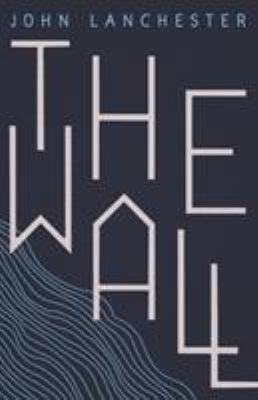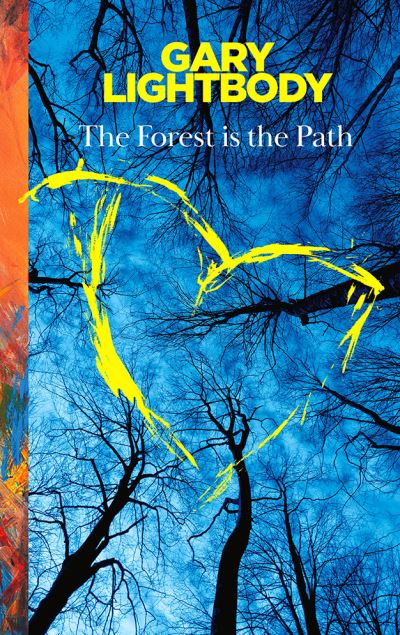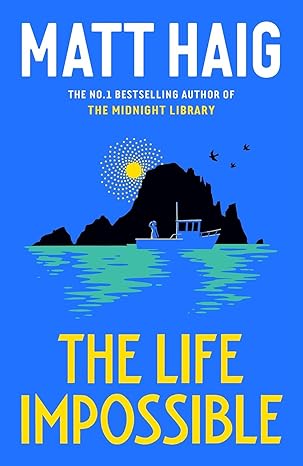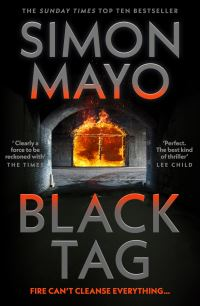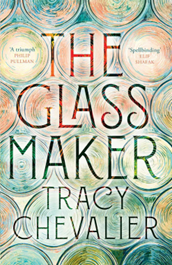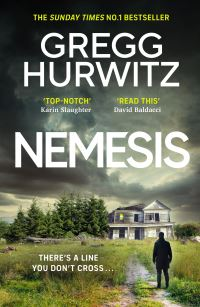The Wall by John Lanchester
2 Reviews from Larne Reading Groups!
Firstly, The Larne Bookworms. "As with most books some of us loved this and some of us didn't get past the first half. Either way all of us agreed we understood why this was put on the Booker Prize longlist because there are so many issues presented that are very relevant in today's society. The book introduces you to Kavanagh, who has been conscripted in (like most people in this dystopian society) to be a defender of the wall. The Wall has been constructed around the coast of Great Britain in response to 'The Change'. We find out that the change is a scenario, very widely talked about in our own society now. It happened due to environmental changes, sea levels rising and temperatures that are now severely altered beyond what we know. Kavanagh blames his own parents and people of their generation for this dramatic change and his resentment of them is akin to what we heard in the speech given by Greta Thunberg to the United Nations.
The Defenders' role is to make sure 'The Others' are not let in past the Wall. It's not clear at the beginning just who the others are but you slowly start to realise that they are just people from outside of this wall, maybe from other countries or people who have been dislodged from their place of origin because of the disruption caused by the change. You never really get a glimpse of anywhere outside of the Wall until the latter part of the novel and that leaves you with more questions than answers. It is a fascinating look at migration and puts the spotlight on the problems facing immigrants today. We all decided that this novel was not driven by its characters and we found that its female characters especially were not developed enough. Gender is something that John Lanchester challenges us with in the book. At the start we are told, "telling people apart was an issue. It was the layers. So many layers! At breakfast, their heads down over porridge, silent, my new companions were difficult to distinguish even by gender". Kavanagh does have a relationship with one of the female defenders, Hifa. We learn that defenders can get out of their conscription if they become 'breeders'. Only a select amount of people can become breeders because there is population control on the people inside the wall. So it's not clear whether this is true romance or a way of getting out of the hard situation they find themselves in. All in all, we enjoyed the issues represented in this book. We liked the style of writing, which we found was descriptive and not driven by emotion. The author is used to writing non-fiction so his descriptions were excellent and he'd obviously put a great deal of thought and research into the issues he wanted to present. We wish he had of developed his characters a bit more and told us a bit more about why the change happened, what happened to the rest of the world and quite simply given us more context. We enjoyed that we couldn't really predict what was coming next though so it made for an exciting read. The ending does leave the book open to a sequel and I think most of us agreed we would like to find out more about the characters and their journey in this world ravaged by climate change." Shirley from
The Larne Page Turners "I was two chapters in and about to start the third, when the washing machine bleeped to indicate the end of the cycle, I felt a sense of relief in putting the book down and rescuing my washing! (This is probably not a book I would have chosen myself!) The first few chapters set the scene and describes the feelings of a new Defender and his role in guarding the wall. I continued reading and as the story progressed, I began to enjoy the unusualness of the book.
The main character Kavanagh begins to build friendships with his fellow Defenders and the book explores their exploits and the loss of some friends when the wall is breached by the 'Others'. Despite being injured defending the wall, Kavanagh and two colleagues were exiled by their commanding officers to live a life at sea. The book continues with the arrival of two new crew members, discovering a group of friendly fishermen and the difficulties incurred in survival.
Kavanagh's relationship with Hifa develops throughout the book and towards the end, as a couple, they are adrift on their own at sea. From what first appeared to be a 'dreary' book, it takes a turn towards the end, when they discover an inhabited platform. The occupant though initially wary, takes pity on them and allows them on-board. The book continues with Kavanagh and Hifa settling in to their new home in the middle of the sea. As mentioned before, it's not a book I would have chosen myself, however, I did enjoy it and it made me think about the world we now live in."
